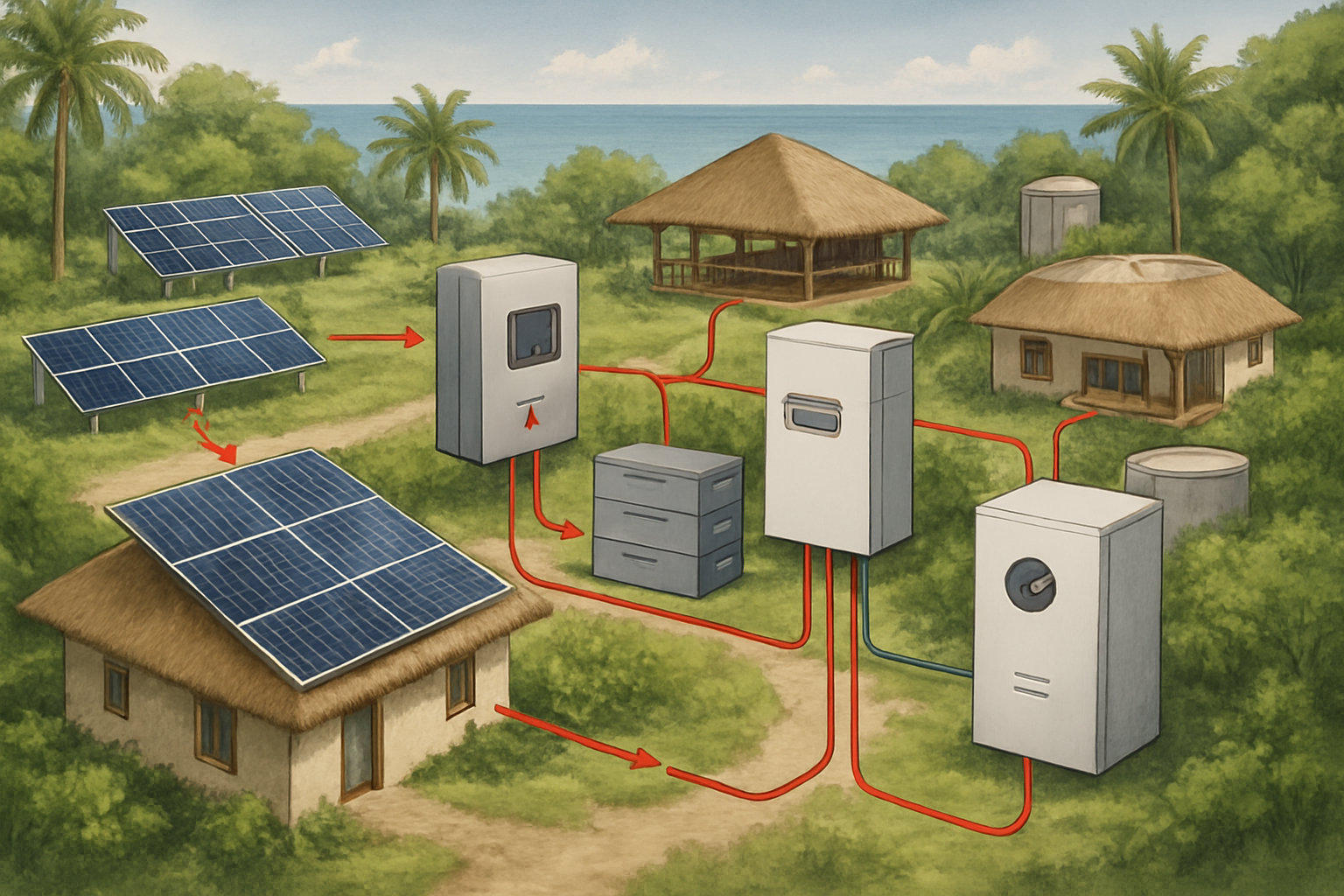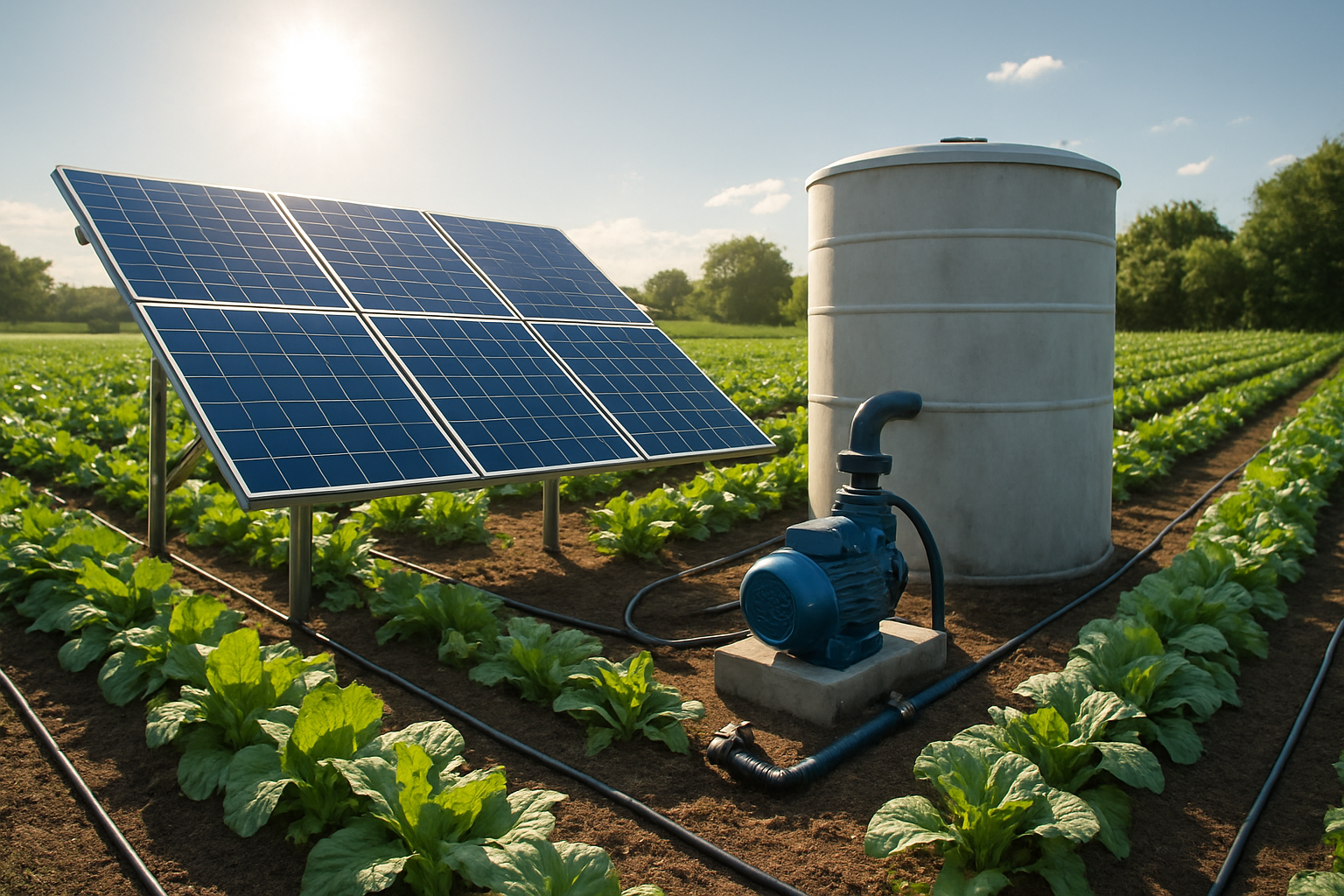Safari camps and eco-resorts offer unique experiences, often in remote, pristine natural settings. These locations present distinct challenges for power generation. Reliable, safe, and sustainable energy is crucial for guest comfort, operational efficiency, and environmental preservation. Traditional power sources often fall short, posing risks or creating significant environmental impact. This article outlines how fire-safe lithium iron phosphate (LiFePO4) battery systems provide a robust, dependable, and environmentally conscious energy solution for these unique destinations.
The Energy Landscape of Remote Camps
Remote Locations and Grid Independence
Many safari camps operate far from established electrical grids. This isolation means a constant reliance on self-sufficient power solutions. Off-grid solar solutions, combining solar panels with energy storage, are becoming increasingly vital for these remote settings. The International Energy Agency (IEA) highlights off-grid solar products as a promising and cost-effective solution for providing energy access in remote areas. You gain true energy independence, reducing or eliminating reliance on traditional utility grids. This provides peace of mind and protection against power outages.
Environmental Sensitivity and Sustainability Goals
Eco-resorts and safari camps often prioritize minimal environmental impact. This commitment extends to their energy choices. Selecting clean energy technology aligns with conservation efforts and enhances the guest experience. Renewable energy sources, like solar, significantly reduce carbon footprints compared to fossil fuel alternatives. The International Renewable Energy Agency (IRENA) reported that solar energy led global renewable capacity growth in 2024, accounting for over 75% of the expansion. This trend underscores solar's role in achieving sustainability goals.
The Critical Need for Safety
Operating in remote, often wild environments, means safety is paramount. Any power solution must minimize risks, especially fire hazards. The integrity of both the environment and human lives depends on secure energy systems. This makes battery chemistry a critical consideration for any off-grid power setup.
Why LiFePO4 Batteries Excel in Safety and Performance
Inherent Chemical Stability
Lithium iron phosphate (LiFePO4) batteries stand out due to their exceptional chemical stability. Their unique composition, specifically the strong iron phosphate-oxide bond, creates a robust structure. This inherent stability significantly reduces the risk of overheating and thermal runaway, a major concern with some other battery chemistries. The charged and uncharged states of LiFePO4 are physically similar and highly robust, allowing ions to remain stable during charge cycles or potential malfunctions.
Thermal Runaway Resistance and Fire Safety
A primary advantage of LiFePO4 batteries is their superior resistance to thermal runaway. They are considered incombustible, meaning they resist catching fire even when mishandled during charging or discharging. When subjected to hazardous events, such as collision or short-circuiting, they are less likely to explode or ignite, substantially reducing any chance of harm. The thermal runaway temperature for LiFePO4 batteries is typically above 250°C, a higher threshold than other lithium-ion chemistries. Additionally, if thermal runaway were to occur, LiFePO4 batteries produce minimal or no hazardous gases, further enhancing safety. Quality cells can maintain over 80% capacity even after 3,000 cycles at 45°C ambient temperatures.
Long Lifespan and Deep Cycling Capabilities
Beyond safety, LiFePO4 batteries offer impressive longevity. They boast a longer cycle life compared to many alternatives, supporting more than 3,000 cycles under most conditions, and over 10,000 cycles in optimal scenarios. This extended lifespan translates to years of reliable service and a better return on your investment. Their ability to withstand deep cycling without significant degradation makes them ideal for daily charge and discharge cycles common in solar energy systems.

Designing a Fire-Safe LiFePO4 System for Safari Camps
Component Selection
A reliable energy system starts with the right components. High-performance LiFePO4 batteries form the core of a safe and efficient setup. These should be paired with robust solar panels and hybrid inverters. Solar panels convert sunlight into direct current (DC) electricity. Hybrid inverters then convert this DC power into usable alternating current (AC) for appliances, while also managing battery charging and discharging to ensure efficient energy flow. These integrated systems help you effectively store and manage energy, reducing waste and improving overall energy utilization.
System Integration and Management
Effective system integration is crucial for maximizing safety and performance. A robust Battery Management System (BMS) is essential. The BMS meticulously monitors and manages the battery's voltage, current, and temperature, actively preventing common issues like overcharging, short-circuiting, and over-discharging. This provides an extra assurance that batteries will operate safely under various conditions. Proper wiring, adequate ventilation, and appropriate enclosure design are also vital to prevent heat buildup and ensure system longevity.
Installation Best Practices and Maintenance
Professional installation adhering to industry standards ensures the safe and optimal operation of your LiFePO4 power system. Regular maintenance, while minimal for LiFePO4 systems, is important to ensure peak performance. This includes periodic checks of connections, ventilation, and system diagnostics. Consistent monitoring of battery data helps optimize the battery management system and condition.
Practical Applications and Benefits
Powering Guest Accommodations and Facilities
LiFePO4 systems provide consistent, quiet power for guest tents, lodges, and common areas. This includes lighting, refrigeration, communication systems, and water pumps. The stable power delivery enhances the guest experience, ensuring comfort without the noise or fumes of traditional generators. This also supports essential services for critical facilities and services, even during outages.
Reducing Operational Costs and Carbon Footprint
By harnessing solar energy and storing it efficiently, you can significantly reduce or eliminate fuel costs associated with generators. This leads to substantial operational savings over the system's long lifespan. Integrated energy storage systems can help users significantly reduce electricity bills by optimizing energy use and reducing peak electricity demand. Furthermore, shifting to solar power drastically lowers carbon emissions, aligning with eco-tourism principles and global efforts to combat climate change. The U.S. Energy Information Administration (EIA) projected that in 2024, solar and battery storage would constitute 81% of new utility-scale electric-generating capacity, with 14.3 GW of battery storage expected to be added.
Enhancing Guest Experience with Reliable Power
Uninterrupted power supply is a luxury in remote settings. With a dependable LiFePO4 system, guests enjoy consistent electricity for charging devices, comfortable lighting, and access to amenities. This reliability elevates the overall experience, contributing to positive reviews and repeat visits. Integrated battery energy storage systems (BESS) can provide backup power during outages, ensuring uninterrupted energy supply.
Achieving Energy Independence with Integrated Solutions
The Role of Integrated Energy Storage Systems (ESS)
Integrated ESS combine photovoltaic (PV) modules, energy storage batteries, and inverters into one cohesive package. This comprehensive approach allows you to generate renewable power, store it for later use, and minimize reliance on the grid. Such systems enhance energy security and reliability. Our focus in the solar and energy storage industry, with years of experience, centers on lithium battery manufacturing, energy storage systems, and the development of integrated ESS. This expertise allows us to deliver reliable and scalable energy solutions.
Scalability for Evolving Needs
As a safari camp or eco-resort grows, energy demands often increase. LiFePO4 systems are inherently scalable, allowing you to expand your power capacity by adding more batteries and solar panels as needed. This flexibility ensures your energy infrastructure can adapt to future requirements without a complete overhaul. Integrated energy storage systems are flexible and can be scaled according to user needs.
Partnering for Reliable Energy Solutions
Choosing a partner with deep expertise in solar and energy storage ensures you receive a solution tailored to your specific needs. Our values align with providing reliable and scalable energy solutions, helping clients achieve true energy independence. We offer various products, including high-performance, safe, and reliable LiFePO4 batteries, integrated household energy storage systems that combine lithium batteries, hybrid inverters, and solar panels, off-grid solar solutions for various applications, and solar inverters to convert DC to AC power.
A Step Towards Sustainable Power
Investing in fire-safe LiFePO4 battery systems for safari camps and eco-resorts is a strategic move towards sustainable, reliable, and independent power. These systems offer unparalleled safety, long-term performance, and significant environmental benefits. By embracing this advanced battery technology, you equip your operations with a robust energy foundation, ensuring comfort for guests and protection for the natural environment. This commitment to modern, safe energy solutions helps secure a brighter, more sustainable future for remote and environmentally sensitive destinations.





Leave a comment
All comments are moderated before being published.
This site is protected by hCaptcha and the hCaptcha Privacy Policy and Terms of Service apply.